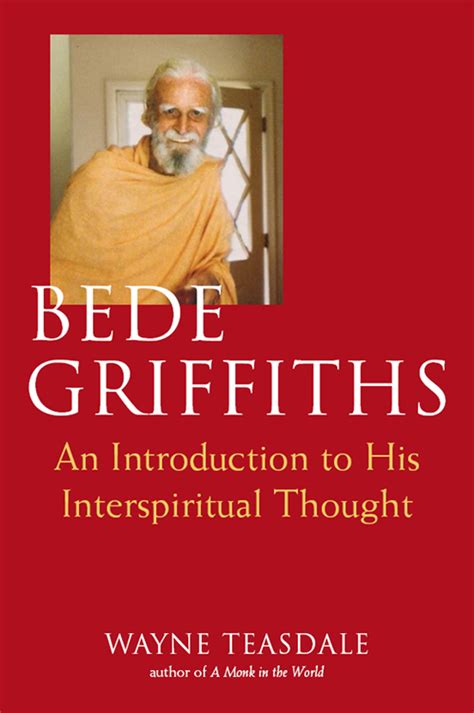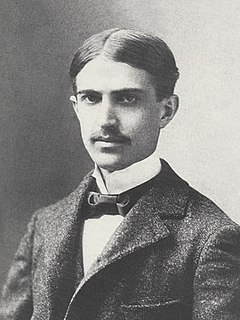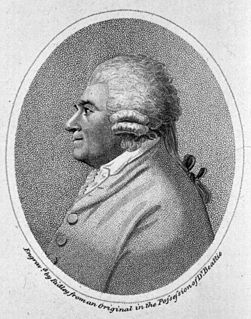A Quote by Confucius
The superior man accords with the course of the Mean. Though he may be all unknown, unregarded by the world, he feels no regret - It is only the sage who is able for this.
Related Quotes
Every one of us is a mystic. We may or may not realize it, we may not even like it. But whether we know it or not, whether we accept it or not, mystical experience is always there, inviting us on a journey of ultimate discovery. We have been given the gift of life in this perplexing world to become who we ultimately are: creatures of boundless love, caring compassion, and wisdom. Existence is a summons to the eternal journey of the sage - the sage we all are, if only we could see.
I can scarcely fancy myself to ask a superior to publish a volume of my verse and I own that humanly there is very little likelihood of that ever coming to pass. And to be sure if I chose to look at things on one side and not the other I could of course regret this bitterly. But there is more peace and it isthe holier lot to be unknown than to be known.
The true makes of history are the spiritual men whom the world knew not, the unregarded agents of the creative action of the Spirit. The supreme instance of this-the key to the Christian understanding of history-is to be found in the Incarnation- the presence of the maker of the world in the world unknown to the world. ... The Incarnation is itself in a sense the divine fruit of history-of the fullness of time-and it finds its extension and completion in the historic life of the Church.
We can only escape from the world by outgrowing the world. Death may take man out of the world but only wisdom can take the world out of the man. As long as the human being is obsessed by worldliness, he will suffer from the Karmic consequences of false allegiances. When however, worldliness is transmuted into Spiritual Integrity he is free, even though he still dwells physically among worldly things.
In dealing with the State, we ought to remember that its institutions are not aboriginal, though they existed before we were born; that they are not superior to the citizen; that every one of them was once the act of a single man; every law and usage was a man's expedient to meet a particular case; that they all are imitable, all alterable; we may make as good; we may make better.
Money alone is only a mean; it presupposes a man to use it. The rich man can go where he pleases, but perhaps please himself nowhere. He can buy a library or visit the whole world, but perhaps has neither patience to read nor intelligence to see.... The purse may be full and the heart empty. He may have gained the world and lost himself; and with all his wealth around him ... he may live as blank a life as any tattered ditcher.
I've never been able to write poetry without having vast tracts of dead time. Poetry requires a certain kind of disciplined indolence that the world, including many prose writers, doesn't recognize as discipline. It is, though. It's the discipline to endure hours that you refuse to fill with anything but the possibility of poetry, though you may in fact not be able to write a word of it just then, and though it may be playing practical havoc with your life. It's the discipline of preparedness.
The tenets of [the Christian life] seem paradoxes to carnal men; as first, that a Christian is the only freeman, and other men are slaves; that he is the only rich man, though never so poor in the world; that he is the only beautiful man, though outwardly never so deformed; that he is the only happy man in the midst of all his miseries.
Of course my moods change, but the average is serenity. I have a firm faith in art, a firm confidence in its being a powerful stream which carries a man to a harbor, though he himself must do his bit too; at all events, I think it such a great blessing when a man has found his work that I cannot count myself among the unfortunate. I mean, I may be in certain relatively great difficulties, and there may be gloomy days in my life, but I shouldn't like to be counted among the unfortunate, nor would it be correct if I were.









































